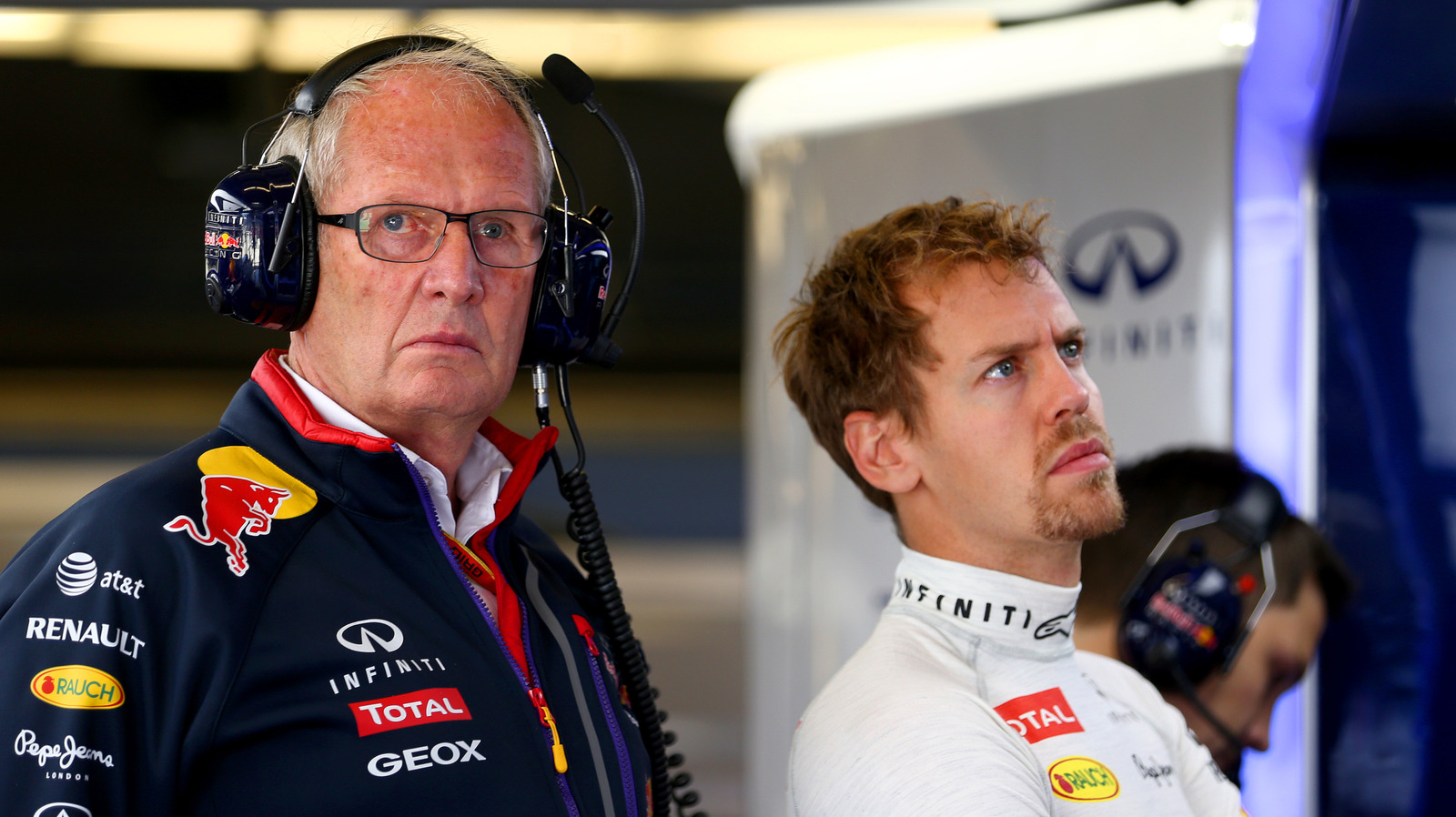Sebastian Vettel’s Potential Role at Red Bull: A New Era or Just More of the Same?
The buzz around Sebastian Vettel potentially taking on a leadership role at Red Bull Racing has sparked a lot of conversations. Fans and pundits alike are wondering what this could mean for the team’s future in Formula 1. If you’ve been following the sport, you know that Red Bull has a reputation for being a powerhouse, but it’s also known for its tough, no-nonsense approach to team management. So, what happens if Vettel steps into a position of authority?
Could He Shift the Culture?
Vettel, a four-time world champion, has a unique perspective on what it takes to succeed in F1. His experience with Red Bull during its golden years gives him insider knowledge, but it also raises questions about whether he can shift the team’s culture. Helmut Marko, a key figure at Red Bull, has hinted that Vettel might need to transform the way the team operates to avoid being seen as a strict overseer.
Imagine a scenario where Vettel adopts a more nurturing approach, focusing on developing young talent rather than just demanding results. This could be a game-changer. Instead of a conveyor belt of drivers being chewed through, we might see a more collaborative environment where drivers feel supported and valued. This shift could not only improve morale but also enhance performance on the track.
The Balancing Act: Results vs. Development
One of the biggest challenges Vettel would face is balancing the need for immediate results with the long-term development of drivers. Red Bull has historically been results-driven, often making swift decisions about driver line-ups based on performance. While this approach has yielded success, it can also lead to a high-pressure environment that stifles growth.
Vettel’s leadership could introduce a more patient strategy. For instance, instead of quickly replacing underperforming drivers, he might advocate for giving them time to adapt and improve. This could foster a sense of loyalty and stability within the team, which is crucial in a sport where every second counts.
Learning from the Past: Vettel’s Own Journey
Vettel’s own journey in F1 is a testament to the importance of development. He faced challenges early in his career, and it was the support from his team that helped him evolve into a champion. By sharing his experiences, he could inspire the next generation of drivers to embrace their struggles and learn from them.
Imagine a young driver at Red Bull who’s struggling to find their footing. With Vettel’s mentorship, they might feel more empowered to take risks and push their limits, knowing they have someone who understands the pressures of the sport. This could lead to a more resilient team culture, where mistakes are viewed as learning opportunities rather than failures.
What Would Success Look Like?
If Vettel were to successfully implement these changes, what would that look like? For starters, we might see a more cohesive team dynamic, where drivers communicate openly and collaborate effectively. This could translate into better performance on the track, as a united team is often more competitive.
Moreover, a shift in culture could attract new talent to Red Bull. Young drivers today are looking for environments that prioritize their growth and well-being. If Vettel can position Red Bull as a team that values development alongside results, it could become a top choice for aspiring racers.
The Road Ahead: Challenges and Opportunities
Of course, the road ahead won’t be without its challenges. The pressure to perform in F1 is immense, and any perceived softness could be criticized. Vettel would need to navigate this landscape carefully, ensuring that while he fosters a supportive environment, the team remains competitive.
The big takeaway? Vettel’s potential leadership at Red Bull isn’t about perfection—it’s about smarter adjustments. By focusing on nurturing talent while still aiming for the top, he could redefine what it means to succeed in Formula 1. Start with one change this week, and you’ll likely spot the difference by month’s end.


